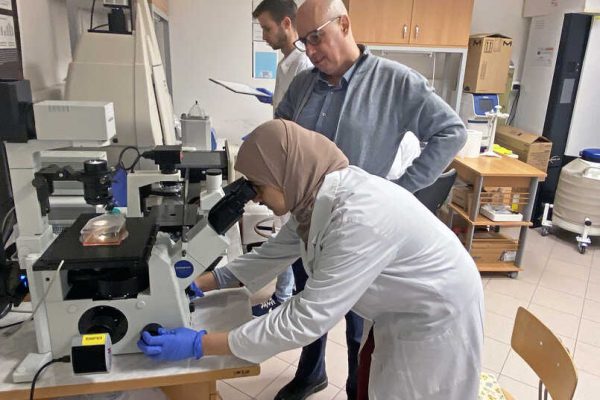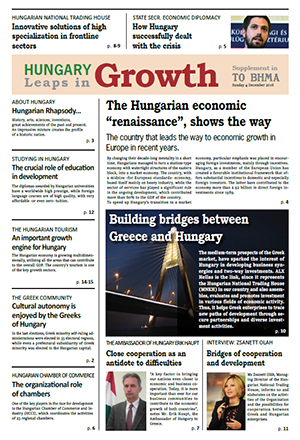Humanity had to face several global pandemics throughout history, but never one that instantly and globally mobilised the scientific world and its most creative minds. This huge shock gave life to and boosted the development of, as well as illuminated, many health technological developments. Forbes made a list of the most promising discoveries, developments, and patents that Hungarians worked on and of which even Ignác Semmelweis would be proud. We chose some from their list.
Fluvoxamine therapy – developed by: Semmelweis University, Hungarian Academy of Sciences, SigmaDrugs medicine Gordon Johnson – Pixabay
Covid-19 attacks our body in two ways: it enhances the already existing underlying illnesses and provokes an exaggerated immune reaction. The reason for the latter is the so-called cytokine storm (cytokines are a category of small proteins important in cell signalling). It can cause severe pneumonia and damage several organs. Fluvoxamine enters the equation here: in the acute phase of pneumonia, it blocks this cytokine storm by decreasing the production of agents causing the inflammation. Apart from this, it moderates the formation of scar-tissues caused by pneumonia, so a smaller surface of the lungs would be damaged, meaning that it leaves a bigger surface of the organ able to breathe.
Virus Contact application – developed by Visual Cortex Kft.
If someone tests positive, the first step is to notify those with whom they have been in contact, but apart from our family, friends, and colleagues, the others are trickier to be reached and alerted. The Hungarian-developed application helps exactly in this broader contact search. It notes and compares the users’ data of location, the physical distances between them, and for how long they have been at that specific location. It uses Bluetooth Low Energy technology to search for users of the app who were in a 10m radius of another user. If the device finds someone within this distance, it stores the place of contact, the time, and the estimated duration and distance. In the case of a previous contact testing positive within the 14 days of incubation time, the app sends an anonymous notification. The app is free and developed with an open-source code on a voluntary basis, meaning that it will not be working with an official database.
Ventilation Devices
Hungarian engineers and university students are quite active in this respect as there are several developmental processes going on in the country by more than one universities. For instance, the Innovation and Research Centre of the University of Óbuda in cooperation with the Research Centre of EKIK BioTech, the Bejczy Antal Robot-Technological Centre, involving international research groups, led by the dean of the university, have been tirelessly working for weeks on the development of a Mass Ventil Project. The device could help 10-50 people in critical condition at a time. Their project won the Pan-European Hackaton in June.
Semmelweis University together with Femtonics Kft. developed a portable ventilation device, which is specifically designed to be operated by doctors who are not fully qualified to do so, easing the severe situation caused by the lack of professionals in the healthcare system.
The Budapest University of Technology and Economics developed two prototypes. One is made by building in a programmable controller device available on the market, and the other one is controlled by a technology developed by the university that has a microcontroller basis. These devices are capable of invasive and non-invasive ventilation, so the procedure can be more gentle than the traditional way. Control of the oxygen-level is much more precise on their devices than on those that can be found on the market, which can lead to the birth of a new patent.
Source: Daily News Hungary












